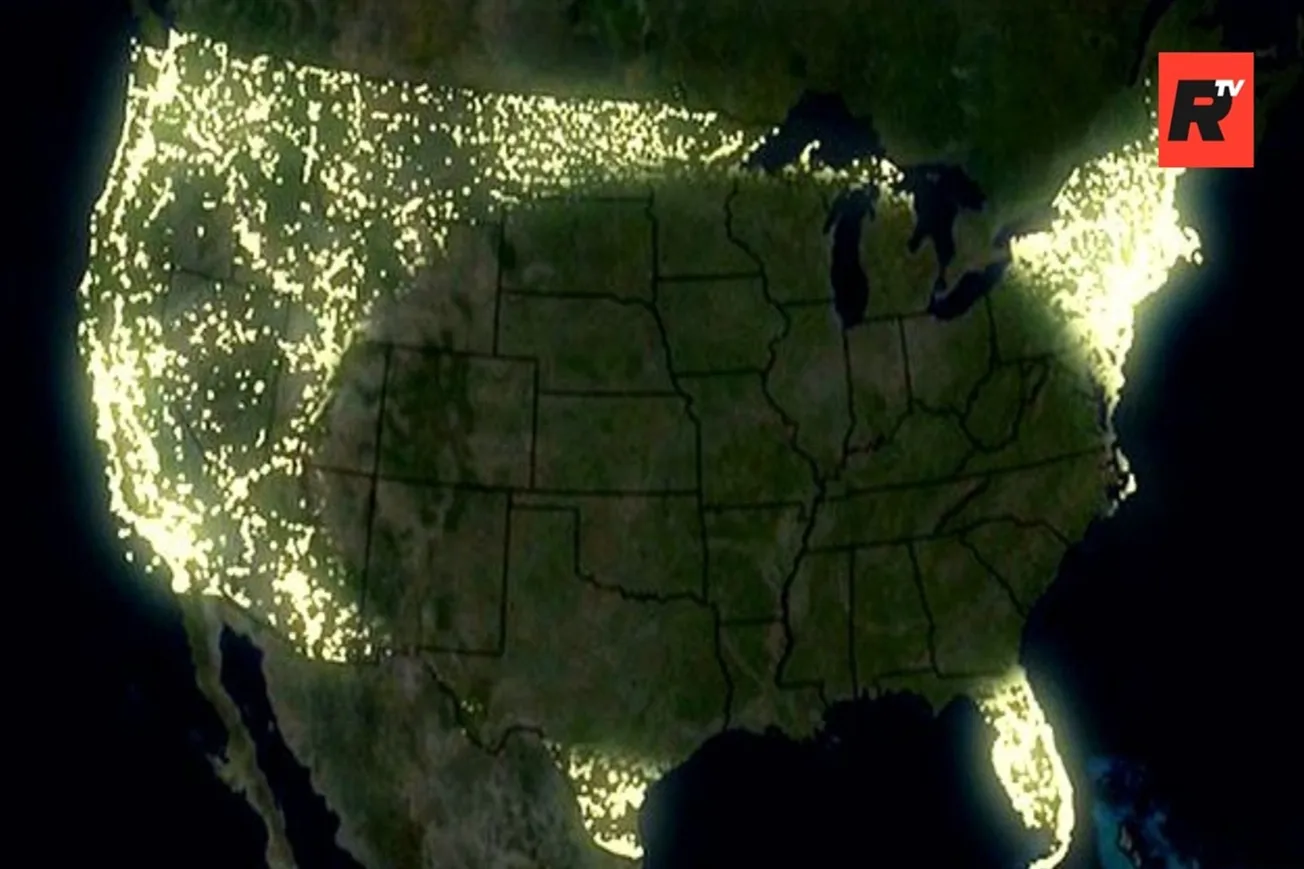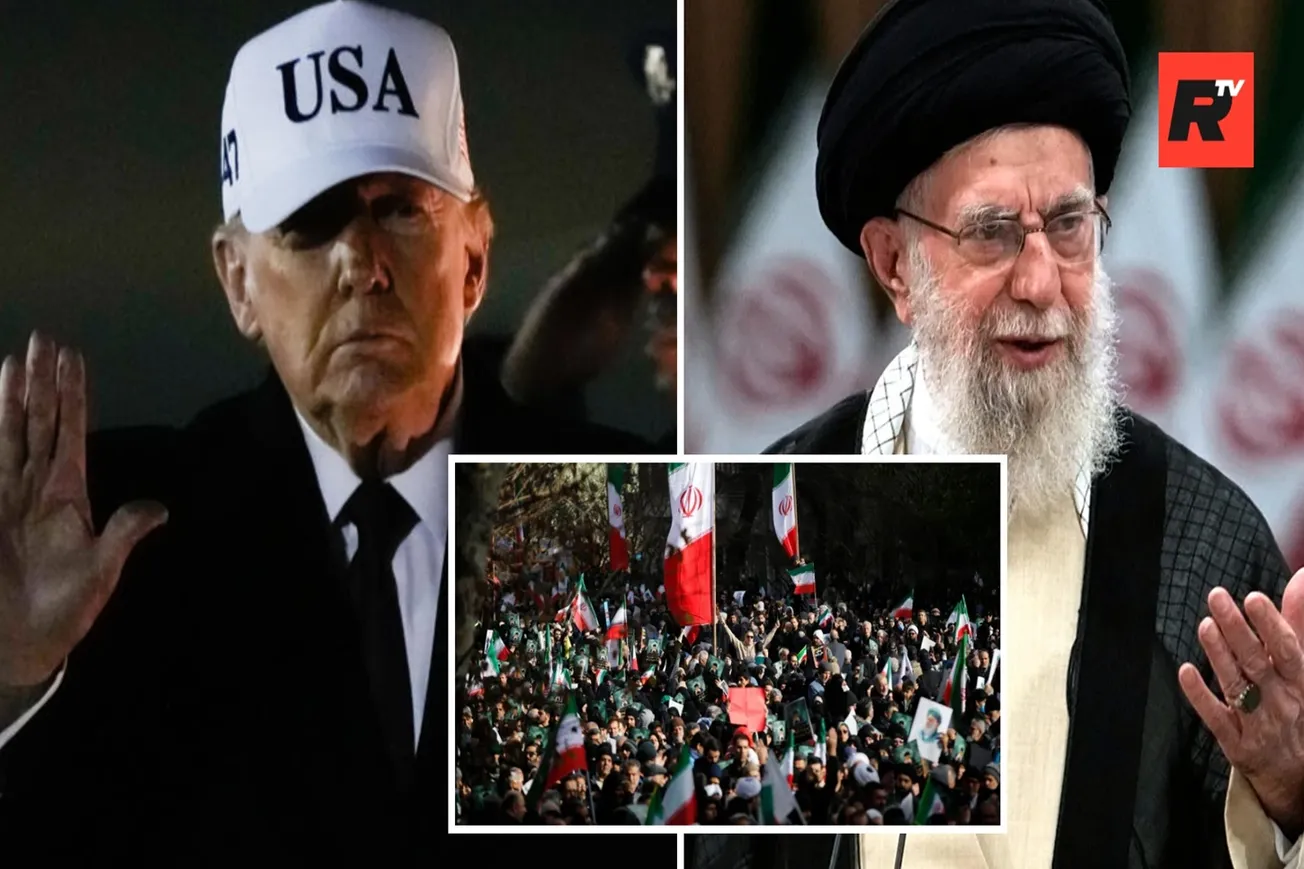Table of Contents
The fight for America’s economic sovereignty just took a sharp turn.
The radical left and their activist judges thought they could kneecap President Donald Trump’s bold Liberation Day tariffs, but the appeals court just roared back, reinstating those tariffs and reminding everyone who’s in charge—the American people, through their duly elected president.
The U.S. Court of Appeals for the Federal Circuit delivered a gut punch to activist judges on Thursday by staying a lower court’s ruling that had blocked Trump’s Liberation Day tariffs.
The decision, issued in the afternoon, reinstated the tariffs just hours after the U.S. Court of International Trade in New York tried to block Trump’s trade agenda.
On Wednesday night, the trade court issued an injunction, declaring the tariffs illegal under the International Emergency Economic Powers Act.
But the White House immediately fought back, filing a motion to stay the ruling.
The appeals court’s order put the tariffs back in effect, stating, "The judgments and the permanent injunctions entered by the Court of International Trade in these cases are temporarily stayed until further notice while this court considers the motions papers."
The court set a briefing schedule through June 9 to hear arguments on a longer pause.
White House press secretary Karoline Leavitt didn’t mince words, accusing the trade court’s three judges of overstepping their bounds.
Speaking at a Thursday press briefing, she said, "Three judges of the U.S. Court of International Trade disagreed and brazenly abused their judicial power to usurp the authority of President Trump to stop him from carrying out the mandate that the American people gave him."
.@PressSec: "Last night, the Trump Administration faced another example of judicial overreach... These judges are threatening to undermine the credibility of the United States on the world stage... Ultimately, the Supreme Court must put and end to this, for the sake of our… https://t.co/u6mqlsB9vx pic.twitter.com/5R1CuPbwDA
— Rapid Response 47 (@RapidResponse47) May 29, 2025
Leavitt argued that Congress, not the courts, has the power to check the president’s use of the IEEPA, pointing out that Congress already rejected an attempt by Senator Rand Paul and Democrats to terminate Trump’s tariffs after Liberation Day.
"The courts should have no role here,” she said, calling the trend of federal judges issuing nationwide injunctions "troubling and dangerous."
"America cannot function if President Trump, or any other president, for that matter, has their sensitive diplomatic or trade negotiations railroaded by activist judges," she warned.
The legal battle isn’t over.
A separate ruling by a federal judge in Washington, D.C., issued Thursday, still blocks many of Trump’s tariffs, though that judge gave the administration two weeks to appeal.
That case, headed to a different appeals court, remains unresolved.
Meanwhile, the lawsuits focus on Trump’s use of the IEEPA, which allows the president to impose economic sanctions during emergencies to counter "unusual and extraordinary threats."
The president has cited trade deficits and the fentanyl crisis at the border as justifications.
Democratic-led states and small businesses argue the IEEPA doesn’t grant him unilateral tariff authority.
Jeffrey Schwab, senior counsel at the Liberty Justice Center, representing one group of plaintiffs, called the appeals court’s stay a "procedural step" but expressed confidence they will be overturned.
“We are confident the Federal Circuit will ultimately deny the government’s motion shortly thereafter, recognizing the irreparable harm these tariffs inflict on our clients," Schwab stated following the appeal court's ruling. "This harm includes the loss of critical suppliers and customers, forced and costly changes to established supply chains, and, most seriously, a direct threat to the very survival of these businesses."
Tariffs are a weapon to level the playing field for American workers and businesses battered by unfair trade practices.
For decades, countries like China have flooded U.S. markets with cheap goods, undercutting domestic industries and wiping out jobs in steel towns and manufacturing hubs.
Trade deficits have ballooned, with the U.S. hemorrhaging $279.4 billion to China alone in 2023, according to the U.S. Census Bureau.
Tariffs force foreign competitors to pay a price for access to American markets, encouraging them to build factories here or face higher costs.
They also generate revenue—$77 billion in 2024, per the U.S. Treasury—funding infrastructure and tax cuts.
Without tariffs, the U.S. risks will continue to be a dumping ground for global overproduction, leaving workers jobless and communities hollowed out.






